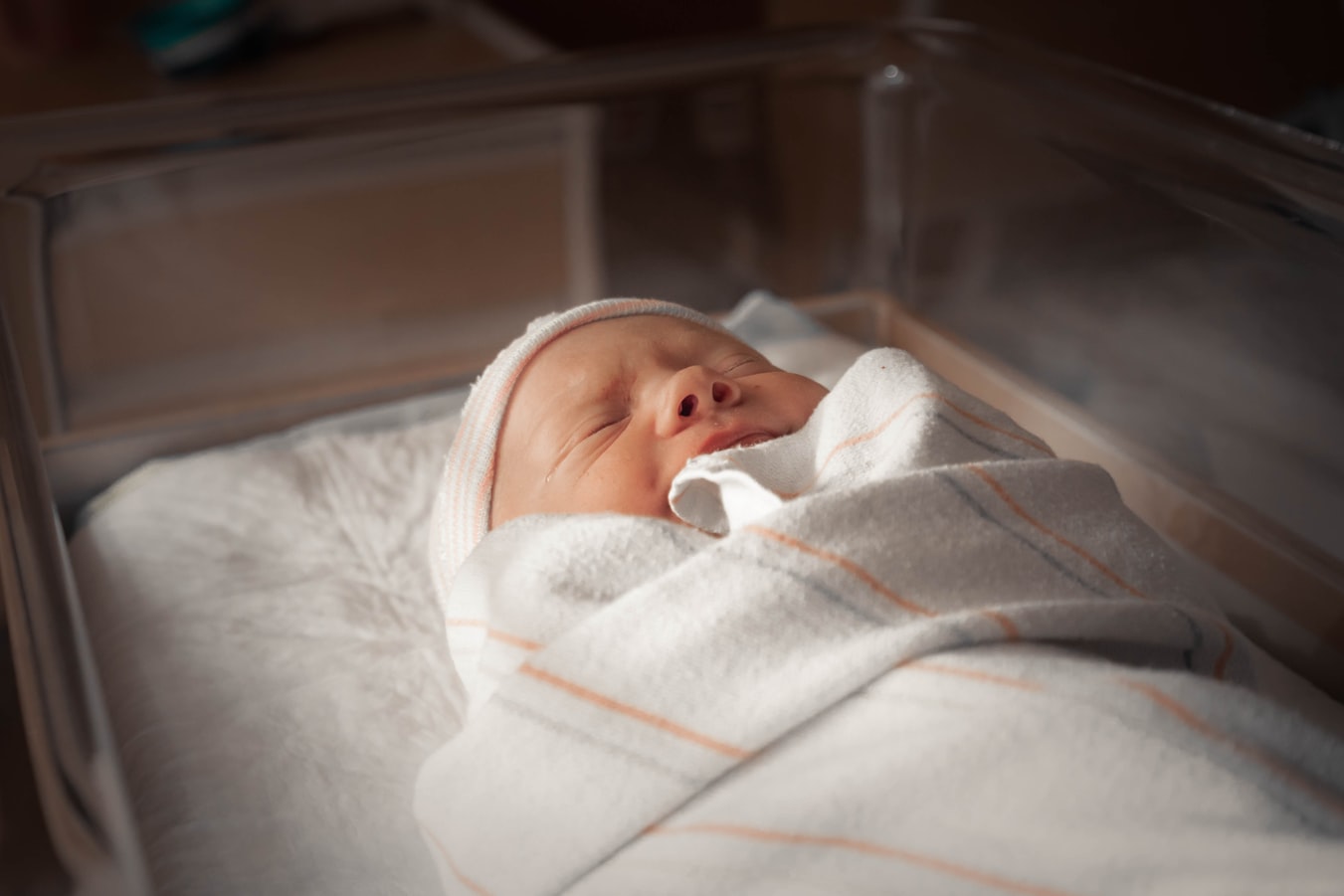Overview
The rapid development of COVID-19 has completely altered the context of health care across the UK and around the world. The speed and severity of the pandemic has taken us all by surprise, priorities have shifted and the balance of risks has changed. Things that seemed to be of the greatest importance only a few weeks ago have been swept away. Practice environments have changed almost beyond recognition, especially in hospitals, and a heightened sense of urgency and even fear can, understandably, predominate. The public health and medical imperative is such that there is a perception that the needs, preferences and decisions of childbearing women and even their rights and those of their babies are less important or even irrelevant.
Highlights:
- Rapid development of COVID-19 has altered healthcare and services around the world; changes have affected women, newborn infants, families, and staff
- Restrictive practices have been introduced in maternal and newborn care that limit women’s decisions and rights of women and newborn infants, including restrictions on the place of birth, continuity of care, and mother-baby contact
- An evidence-informed approach is now developing in some countries in which essential elements of quality can be maintained while also protecting and supporting staff
- To keep women, newborn infants, families, and staff safe, balance is needed between the public health, quality care, and human rights agendas
- A set of key principles is proposed to inform COVID-relevant quality care and service provision
- A pro-active strategy to inform longer-term planning for life during and after the pandemic should be grounded in evidence and co-created with women, families, and staff
Authors: Renfrew, M. J., Cheyne, H., Craig, J., Duff, E., Dykes, F., Hunter, B., Lavender, T., Page, L., Ross-Davie, M., Spiby, H., & Downe, S.
Publication Date: September 2020
DOI: 10.1016/j.midw.2020.102759
